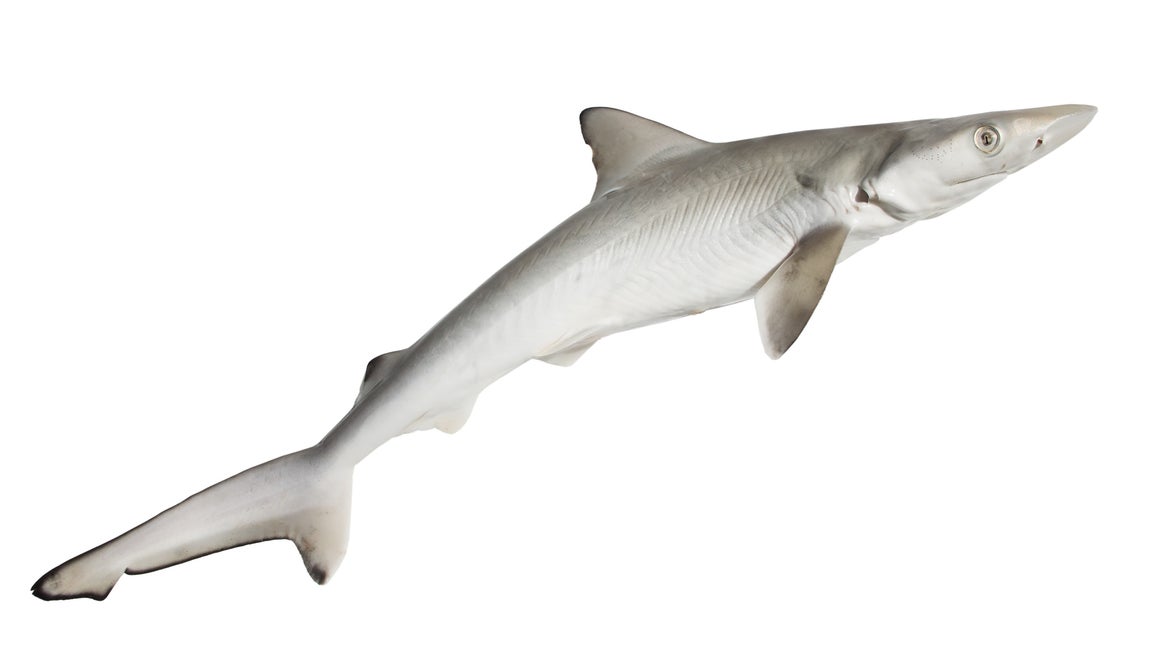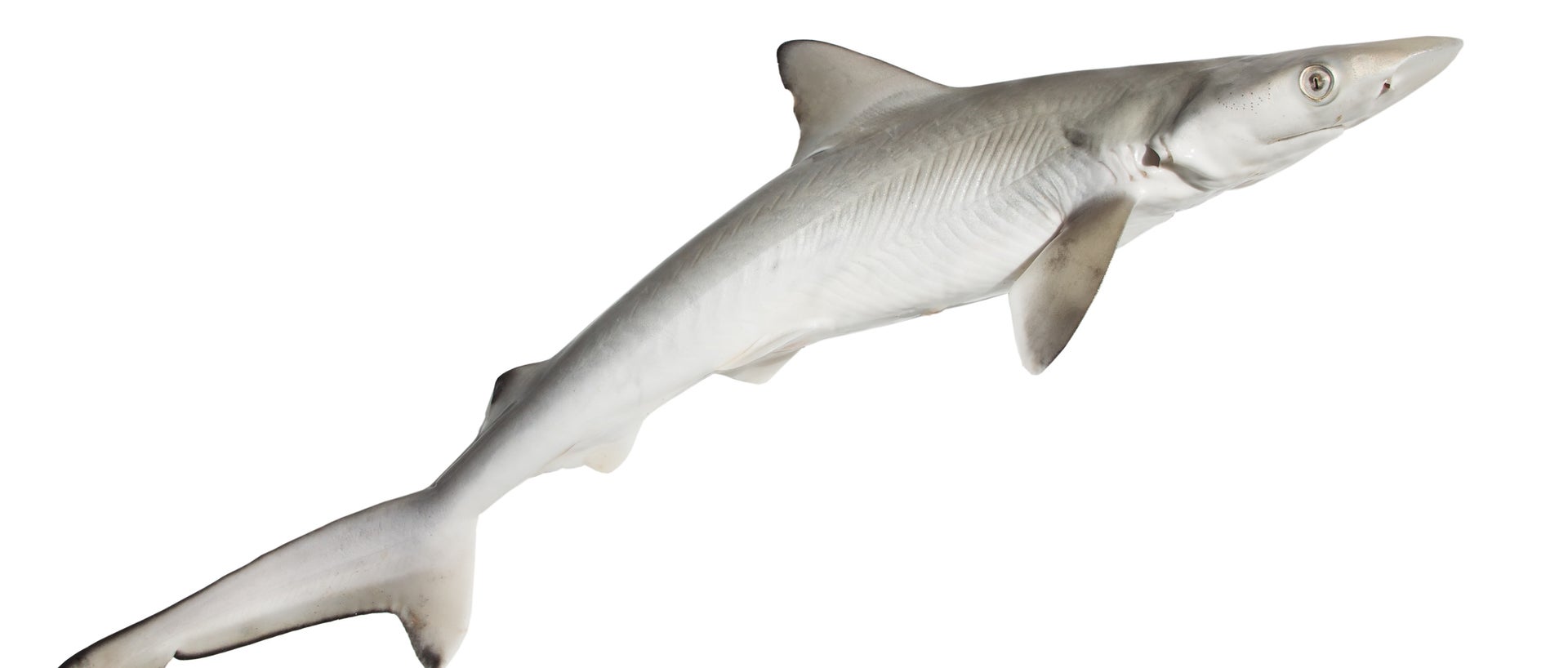The Thames River has made massive changes in its capacity to support life in the last 60 years.
The Zoological Society of London (ZSL) released a s statement on the Thames River, because despite being previously declared "biologically dead,” it is now home to over 115 species of fish, including venomous sharks.
According to ZSL’s report, the Thames supports 115 species of fish and 92 species of birds. In the 1960s, the 115-mile-long river was determined to be biologically dead.
"This report has enabled us to really look at how far the Thames has come on its journey to recovery since it was declared biologically dead, and in some cases, set baselines to build from in the future,” the society said in a statement.
The spurdog, the venomous shark that lives in the Thames, has long been vulnerable to extinction due to overfishing.
This shark is slim and is named after the venomous spines in front of their dorsal fins, according to Wildlife Trusts.
The spines are used on predators, and if the spurdog were to inject its venom into a human, severe swelling and pain would occur.
Climate change and pollution have the potential to impact the Thames' current wildlife, according to the organization’s press release. The society warned that the changes in sea level can ultimately shift the ecosystem, potentially ruining the water quality.
"As water temperature and sea levels continue to rise above historic baselines, the estuary's wildlife will be particularly impacted, through changes to species' lifecycles and ranges," the release said.







